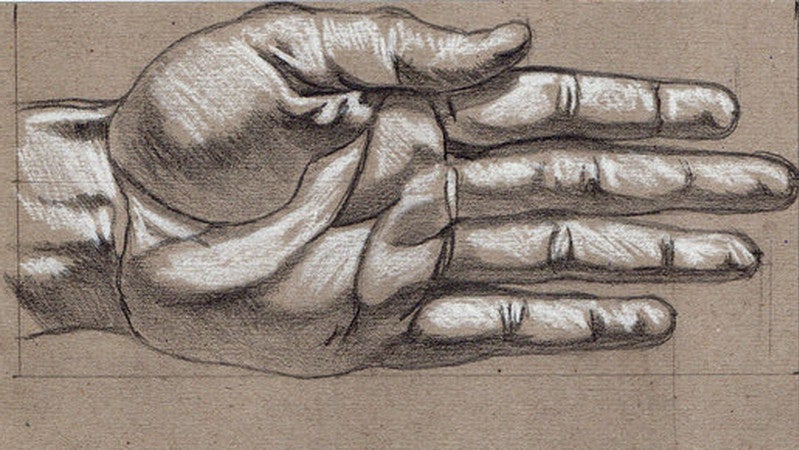
Open access science journal PLOS One is once again under scrutiny after a Creationist-minded research paper about the evolution of human hands got through peer review.
Nature News reports that the paper, led by Cai-Hua Xiong of Huazhong University of Science and Technology in Wuhan, China, was published in early January. However, its Creationist bent was caught just earlier this week by University of Manchester evolutionary biology James McInerney, who tweeted:
The paper, titled “Biomechanical Characteristics of Hand Coordination in Grasping Activities of Daily Living,” is an examination of the human hand’s remarkable flexibility, dexterity, and coordination. Nothing appears out of the ordinary until the end of the abstract when things dramatically veer off course:
The explicit functional link indicates that the biomechanical characteristic of tendinous connective architecture between muscles and articulations is the proper design by the Creator to perform a multitude of daily tasks in a comfortable way.
Yikes. The word “creator” isn’t exactly the kind of thing you want to see in a scientific journal.
The authors go on to state that, “Hand coordination should indicate the mystery of the Creator’s invention” and conclude:
Our study can improve the understanding of the human hand and confirm that the mechanical architecture is the proper design by the Creator for dexterous performance of numerous functions following the evolutionary remodeling of the ancestral hand for millions of years.
So the authors are unabashedly claiming that The Creator, i.e. God, had an active role in the evolution of the human hand. It’s the classic Design Argument for the Existence of God cloaked in scientific jargon. And it’s not even really cloaked, which is part of the problem.
http://io9.gizmodo.com/the-7-most-int...
The PLOS One reviewers either didn’t care or they didn’t bother to scrutinize the paper very closely. Regardless, it got through, and now the open source journal is dealing with the predictable shitstorm. The paper’s comments section is full of indignation and requests that the paper be removed, and it has inspired such hashtags as #Creatorgate and #HandofGod.
Retraction Watch is reporting that it’s heard from one the editors listed on the paper, Renzhi Han from Ohio State University, who implies the language was a mistake: “I am sorry for this has happened. I am contacting PLoS one to see whether we can fix the issue.” Some commentators have come to the journal’s defense, saying that cultural and language differences are to blame. But given the explicitness of the statements in the paper, that’s hard to swallow.
PLOS One has issued a statement in response to the incident:
A number of readers have concerns about sentences in the article that make references to a ‘Creator’. The PLOS ONE editors apologize that this language was not addressed internally or by the Academic Editor during the evaluation of the manuscript. We are looking into the concerns raised about the article with priority and will take steps to correct the published record.
Sadly, this is just one of several questionable papers to get published in PLOS One. But this journal can hardly be considered the only transgressor in this regard; Science once posted a paper on arsenic life and Nature had one on the memory of water. As pointed out by marine scientist Andrew Thaler via Nature News, this is hardly an isolated incident: